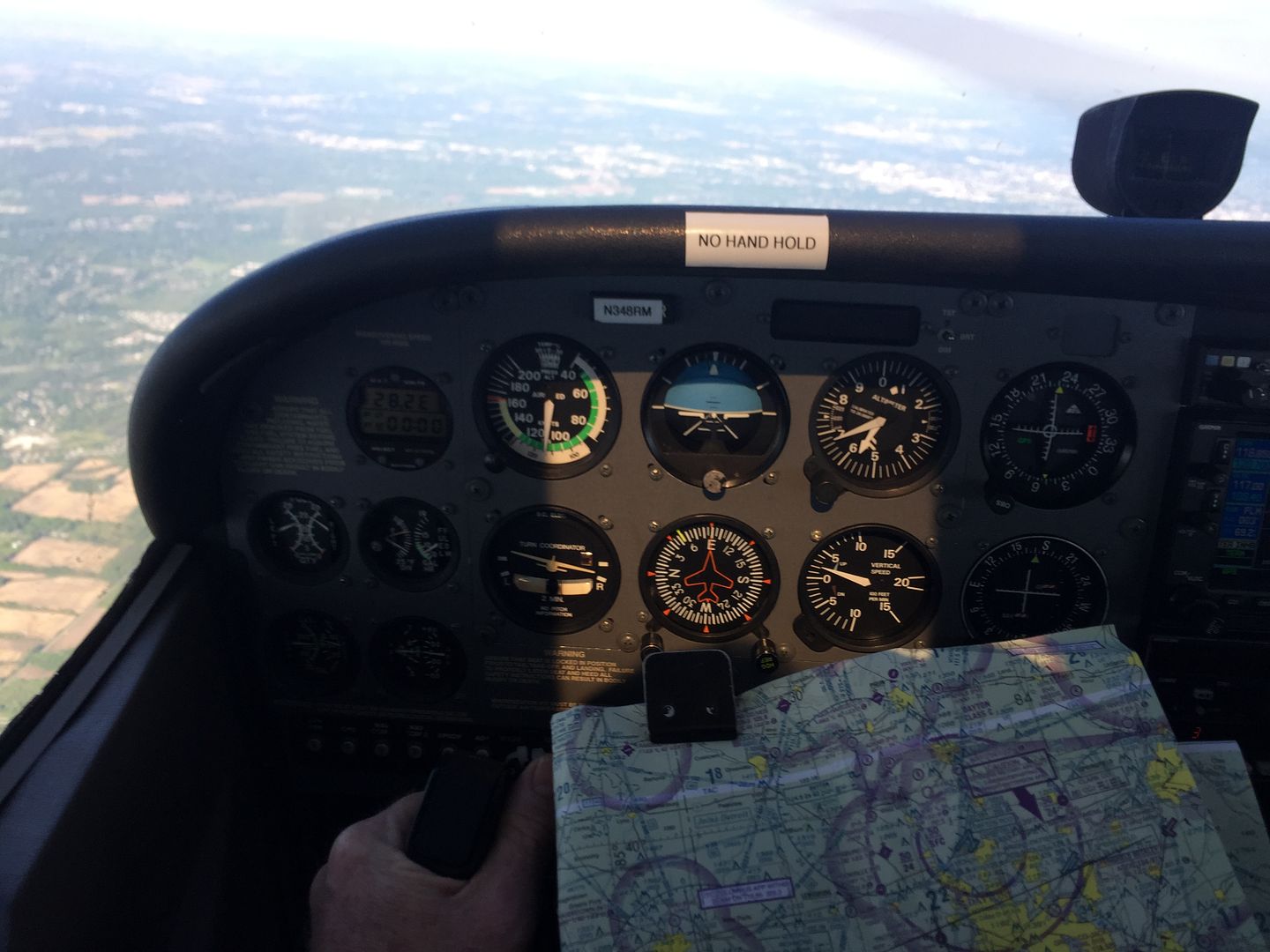Half Fast
Touchdown! Greaser!
For all of the downtrodden men on here who can’t find an aviation organization that actually allows men to join, may I suggest:
https://www.ninety-nines.org/friends-of-99s.htm
Or if you don’t want to support women in their aviation endeavors, you could always hope that the QBs ask you to join. You might find that their misogynistic values align with your own.
You are creating a false equivalency.
I certainly support women in their aviation endeavors, as I believe my daughter-in-law would attest. That doesn’t mean I have to support a group built upon gender discrimination. Two entirely different things.
Misandry is as wrong as misogyny.

